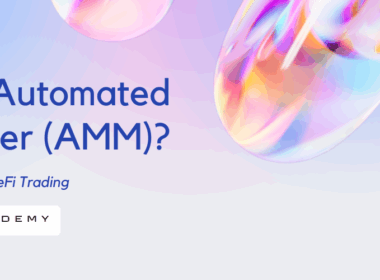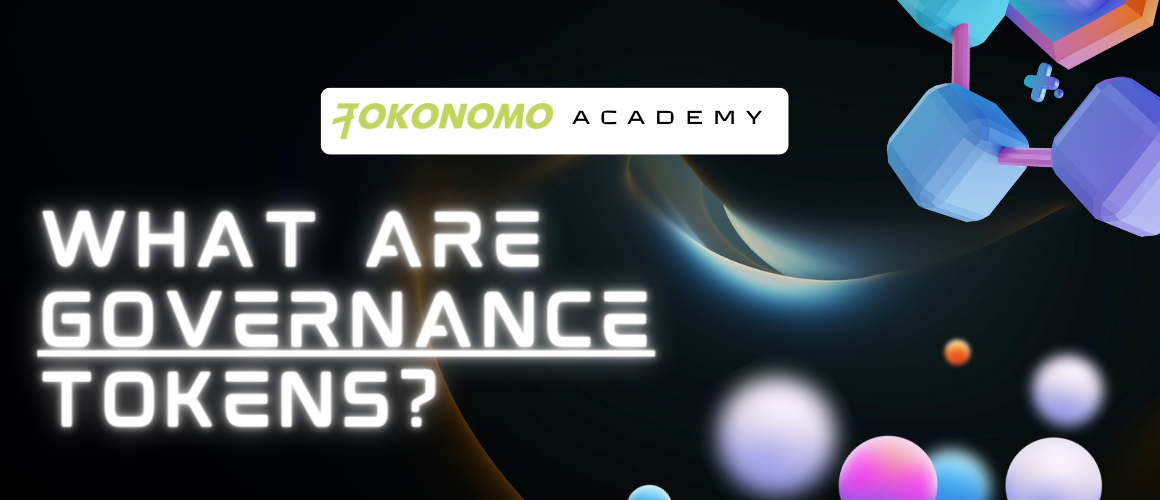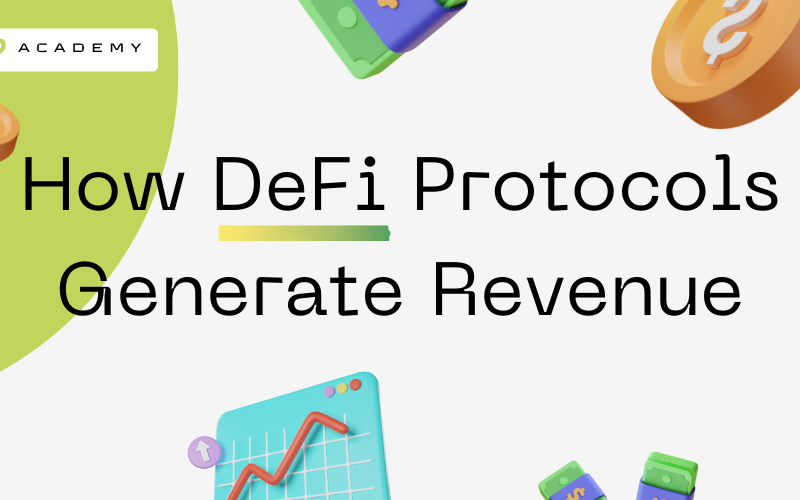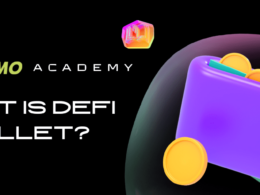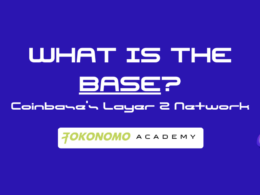Governance tokens have emerged as a pivotal aspect of the decentralized finance (DeFi) ecosystem, revolutionizing the way decisions are made within blockchain-based platforms.
In this blog post, we will delve into the concept of governance tokens and explore their significance in enabling decentralized decision-making.
What are Governance Tokens?
Governance tokens, a specific category of cryptocurrency, afford those holding the tokens the ability to actively participate in the decision-making processes that shape the trajectory of a blockchain venture. The principal objective underlying governance tokens revolve around the dispersion of decision-making authority, empowering token holders to have a significant voice in the operational aspects of the project.
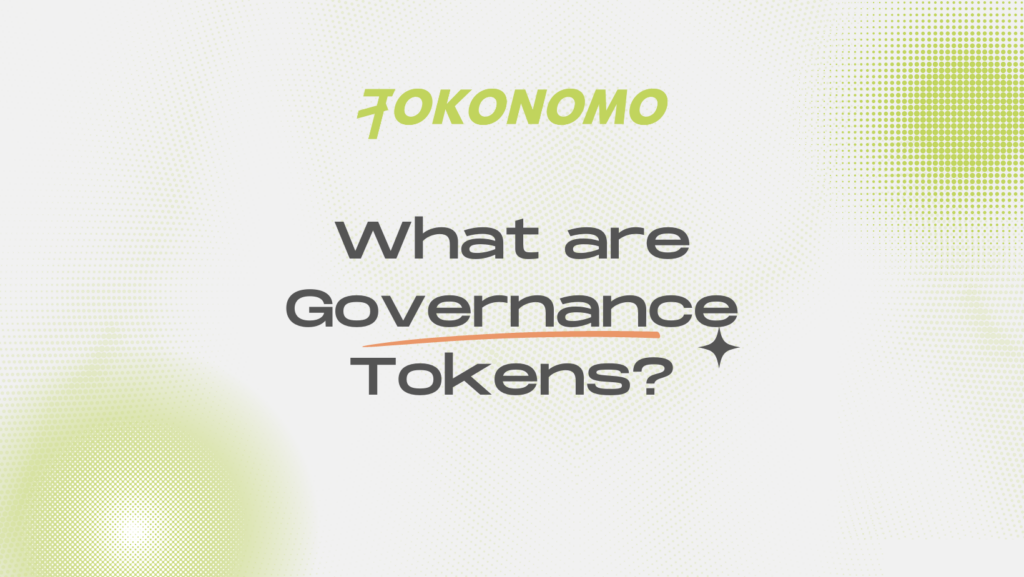

Those who possess governance tokens typically exhibit a deeper level of commitment to the project’s triumph, as their potential gains or losses are intricately tied to the resulting outcomes. Members of the project’s community can leverage these tokens to exert a direct influence on the project’s course and its feature set within the blockchain framework. This confers the capability to initiate alterations ranging from user interface enhancements, voting on fee structures, and reward dispersals, to potentially modifying the fundamental code underpinning the entire project.
While the bulk of decentralized finance (DeFi) tokens manifest as governance tokens, it’s crucial to recognize that voting power isn’t their sole defining attribute. Owners of these governance tokens have the latitude to utilize them in diverse ways, encompassing activities such as obtaining loans, engaging in staking endeavors for the purpose of yield farming, and other avenues for generating earnings. Amidst this spectrum of functionalities, the fundamental role of these tokens remains rooted in the equitable allocation of decision-making influence.
Governance tokens represent a relatively recent innovation in the cryptocurrency landscape, thus engendering ongoing discussions surrounding their efficacy and implications. Proponents view them as a linchpin to achieving authentic decentralization, while skeptics voice concerns that they might culminate in the consolidation of power within a confined subset of token holders.
Benefits of Governance Tokens
Governance tokens offer an effective means to infuse decentralization into a project and to provide users with added motivation to actively participate; however, it’s important to acknowledge that their intricacy might render them susceptible to misuse. Among the primary merits associated with governance tokens is the profound aspect of decentralization they bring. In essence, these tokens stand as the solitary avenue through which developers can institute true decentralization within the realm of the DeFi ecosystem. If these tokens were absent, the avenue for users to exert influence over the project’s operational dynamics would essentially be nonexistent.
Another notable benefit attributed to governance tokens is their capacity to cultivate user engagement with the project. For instance, a user possessing COMP tokens would invariably be inclined to continually utilize the Compound platform in order to accrue a greater quantity of COMP tokens. This sets in motion a positive cycle wherein users are incentivized to actively partake in platform activities, thereby amplifying the overall value proposition of the platform. Moreover, governance models additionally facilitate streamlined development processes, as developers are empowered to concentrate their efforts on features that align with the collective aspirations of the community. Unlike conventional development paradigms that necessitate significant time and resource allocations towards features that might ultimately remain dormant, governance-based approaches permit a more judicious allocation of developmental resources.
What Are the Different Types of Governance Tokens?
There are several types of governance tokens, each with its own features and purposes.
- Protocol Governance Tokens: These are governance tokens associated with decentralized protocols and blockchains. Holders of these tokens can participate in decisions related to protocol upgrades, changes to consensus mechanisms, and adjustments to network parameters. Examples include MKR (MakerDAO), COMP (Compound), and AAVE (Aave).
- Platform Governance Tokens: These tokens are used to govern decentralized platforms that offer various services, such as decentralized exchanges, decentralized finance (DeFi) platforms, and decentralized applications (dApps). Holders of these tokens can influence platform policies, fee structures, and listing criteria. Examples include UNI (Uniswap), SUSHI (SushiSwap), and YFI (yearn.finance).
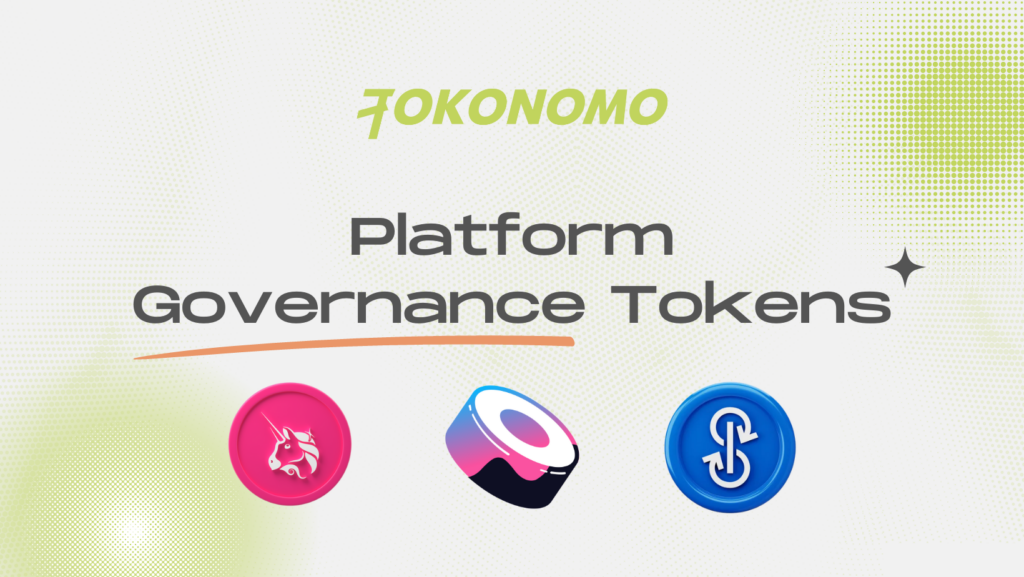

- Decentralized Autonomous Organization (DAO) Tokens: DAOs are organizations that operate in a decentralized manner, making decisions based on the votes of their token holders. DAO tokens enable participants to vote on proposals related to funding, project directions, and other operational matters. Examples include DAO tokens used by organizations like DAOstack, Aragon, and MolochDAO.
- Protocol Treasury Management Tokens: Some governance tokens also have the power to manage the project’s treasury. This includes decisions about how funds should be allocated, spent, or invested to support the project’s growth and development. The token holders decide on budgeting, funding proposals, and resource allocation. Examples include the Gnosis (GNO) token.
- Voting Weight and Delegation Tokens: Some governance tokens have variations in voting mechanisms, where token holders can delegate their voting power to other users or entities. This allows token holders who might not want to actively participate in governance to still have a say by choosing delegates they trust. Examples include SNX (Synthetix) and LRC (Loopring).
- Staking Tokens: While not always explicitly categorized as governance tokens, many staking tokens offer some level of decision-making power. Staking tokens often allow holders to participate in decisions related to network upgrades and improvements. Examples include ADA (Cardano) and DOT (Polkadot).
It’s important to note that the landscape of cryptocurrencies and decentralized ecosystems is rapidly evolving, and new types of governance tokens with different functionalities might emerge beyond what’s listed here. Additionally, the details of how governance tokens work can vary from project to project, so it’s recommended to research each token’s specific governance mechanisms before getting involved.
Conclusion
Governance tokens, currently in their nascent developmental phase, have played a pivotal role in enabling the impressive expansion of numerous DeFi and DAO endeavors. By conferring voting authority to shape the course of project administration, these tokens stand as the fundamental bedrock of the decentralization paradigm.
The fundamental doctrine of affording a single token a solitary vote inherently places users and the community in a central position, particularly when the tokens are equitably disseminated among community members. The trajectory of governance tokens’ proliferation appears promising, with potential prospects for wider proliferation. User-centric networks, Web3 initiatives, and gaming platforms may potentially embrace governance tokens as a means to construct more dynamic and decentralized ecosystems.
